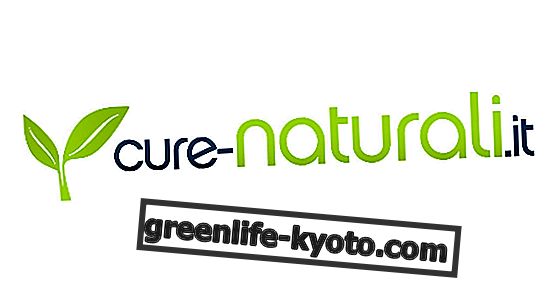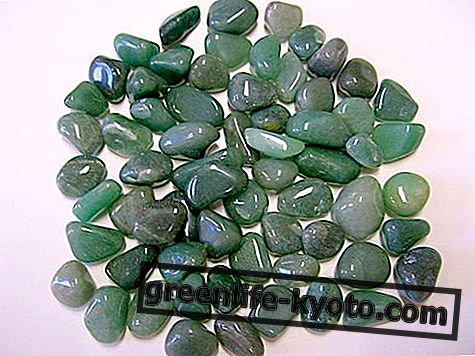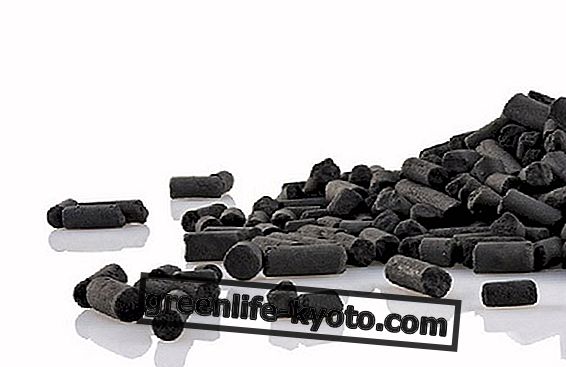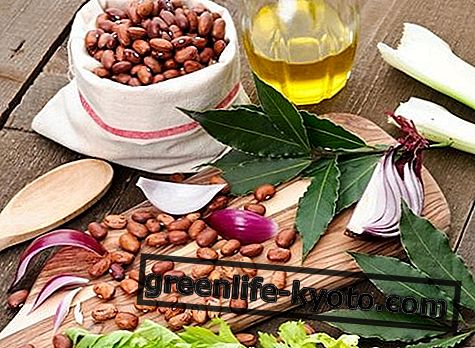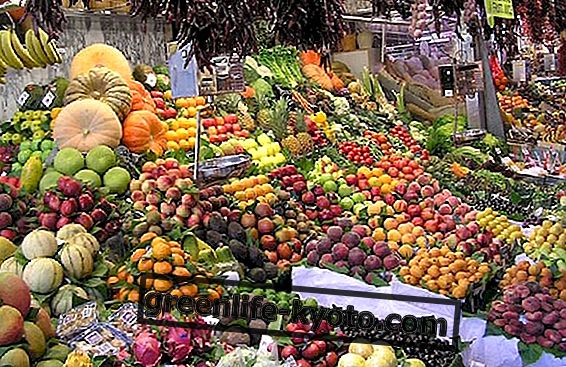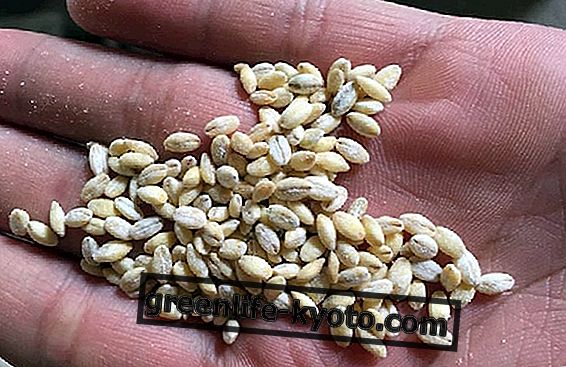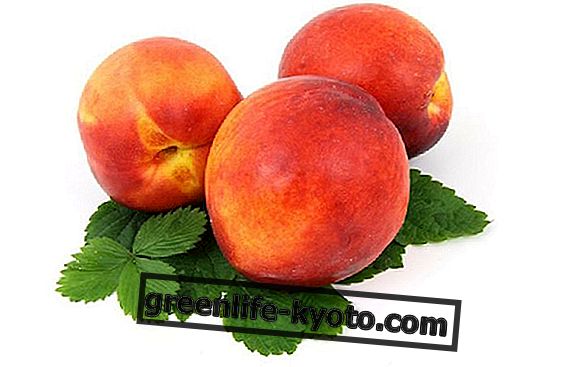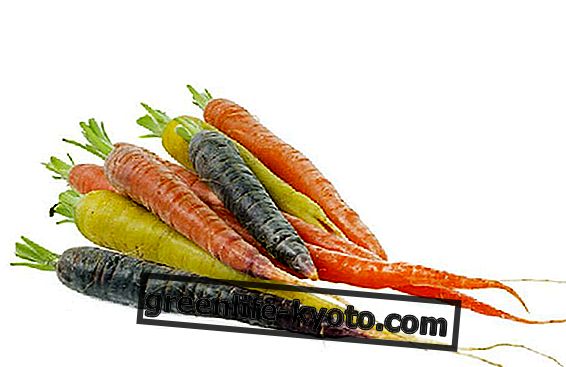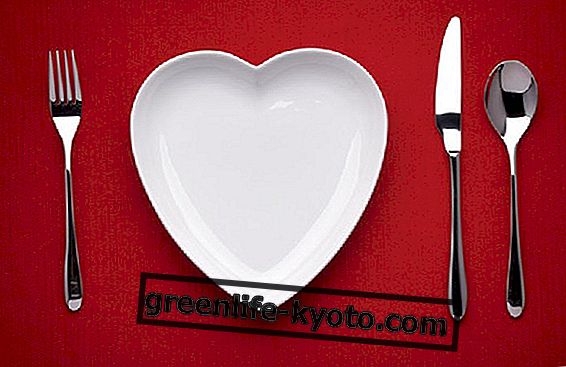
The heart is one of the organs that most benefits from a healthy and correct diet, understood as a diet and lifestyle.
Sometimes we forget how much food affects our health but then we become aware of how bitter our doctor "puts us on a diet".
It is good to act on time and work on prevention.
Dietary rules and diet for heart health
Fruit, vegetables, fiber : these are the essential foods for heart health .
Combine physical activity and exciting situations, and you'll have the recipe for longevity.
For passions and physical activity, seek and practice what you like best.
For foods, however, we can provide you with some "tips".
The data from scientific studies comfort us: consuming two or more servings of fish a week can reduce the risk of coronary heart disease.
Consume dark chocolate, walnuts and almonds, fresh fruit and vegetables, red wine in small quantities and garlic reduce the incidence of cardiovascular disease by more than 75%
and increase life expectancy.
Also read Yoga for heart health >>
Preferred foods for heart health:
> Vegetables : peppers, cabbage (and family), broccoli, spinach. Protective against the heart.
Garlic and onion, purifying and antibacterial, contribute to lowering blood pressure.
> Fruit : oranges, kiwi, lemon, grapefruit, with an antioxidant power, thanks to the vitamin C they contain.
> Legumes : source of "zero cholesterol" vegetable proteins.
> Extra virgin olive oil : antioxidant and rich in "good fats".
> Dried fruit (walnuts, hazelnuts, almonds & co.), Seeds (of flax, pumpkin, sunflower etc.) and possibly cold sea fish: they are rich in Omega 3 with anti-inflammatory and protective functions for the cardiovascular system.
> Dark chocolate (minimum 75% cocoa): no more than 20 grams per day. The polyphenols contained in good quantity contribute to the health of the heart
> Green tea : the antioxidant flavonoids (catechins) it contains are supportive in fighting atherosclerosis.
Eat slowly, to keep fit : savoring food and chewing for a long time allows the receptors to send the message "satiety" to the brain.
The daily diet must be balanced : avoid excess calories, maintain an adequate weight, change the quality of the food, do not consume the same food
more than once every three days.
Take vegetable fibers every day through whole grains, vegetables and fresh fruit.
As a protein, prefer legumes, or fish or white meats.
The foods to avoid
For the health of your heart, stay away from these foods:
> Salt, nuts and salted, pre-cooked foods : contribute to the increase in blood pressure.
> Alcoholic : they are not recommended because they are toxic to the liver, except for a glass of red wine a day, consumed in a meal.
> Sausages (sausages, frankfurters, salami, mortadella etc.). Prefer not more than once a week lean meats, such as cured ham, or speck, or bresaola.
Be careful though: they have a very high salt content.
> Seasoned cheeses ; Prefer fresh low-fat cheeses (such as ricotta), they should be considered substitutes for meat or fish or legumes.
> Cakes rich in creams ; fat sauces and seasonings.
> Offal (liver, liver, kidney, brain).
> Sweetened drinks : replace them with juices or fruit juices only.
An example of a daily diet for the heart
Breakfast:
> 1 low-fat or soy yogurt
> 1 cup of green tea
> 5 hazelnuts
Snack:
> 1 pear
> 2 walnuts
Lunch:
> 70 g of barley cooked in "orzotto" (like risotto) with lentils (30 g, dry weigh)
> mixed salad of tomatoes, rocket and radicchio.
Snack:
> 1 apple
> 3 almonds
Dinner:
> 200 grams of baked sardines
> 250 g of zucchini cooked in a pan with oil and turmeric
> 70 g of wholemeal bread

